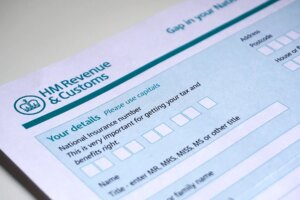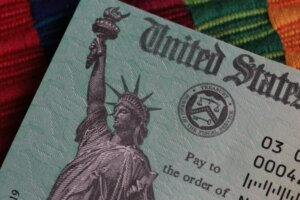Moving to a new country unfortunately doesn’t always mean leaving your tax obligations behind. The Canadian tax authorities will tax residents on their worldwide income, so, in certain cases, you must make sure you’re still filing your Canadian taxes from abroad.
Here’s everything you need to know to plan your tax and financial situation effectively before you move:
Do I have to pay Canadian taxes if I move abroad?
In brief, Canadian residents pay income tax on their worldwide income, and non-residents only pay the tax owed on any income earned in Canada, such as:
- salaries
- investments
- pensions
- property rental
Who is considered a Canadian resident for tax purposes?
There are three main types of Canadian residents:
- Permanent residents: Those who live and/or work in Canada permanently
- Deemed residents: Those who lived in Canada for 183 days or more during the tax year and are not considered a resident of another country that has a tax treaty with Canada.
- Factual residents: Those who lived in Canada for less than 183 days during the tax year but have significant residential ties in Canada. For example, those who have left temporarily for work or study purposes.

If you are a Canadian national who has moved abroad, you are considered a non-resident if you:
- Live outside of Canada for more than 183 days during the tax year
- Have no significant residential ties with Canada
- Live in Canada for 183 days or more during a tax year but have significant residential ties with another country that has a tax treaty with Canada
It should be noted that Canadian government staff and Canadian Armed Forces employees stationed abroad are usually considered tax residents. This is regardless of time spent in Canada or residential ties.
You can determine your residency status through the CRA.
What taxes do I have to pay if I’m a Canadian living abroad?
Non-residents generally have to pay two types of Canadian expat tax:
- Part XIII tax: This is income on earnings such as Canadian pensions, rental payments, dividends, and annuity payments
- Part I tax: Income from employment or running a business in Canada, capital gains tax when selling Canadian property, or any tax owed on Canadian scholarships, bursaries, or research grants
Both Part XIII and Part I taxes are often deducted at the source before the income payment is received.
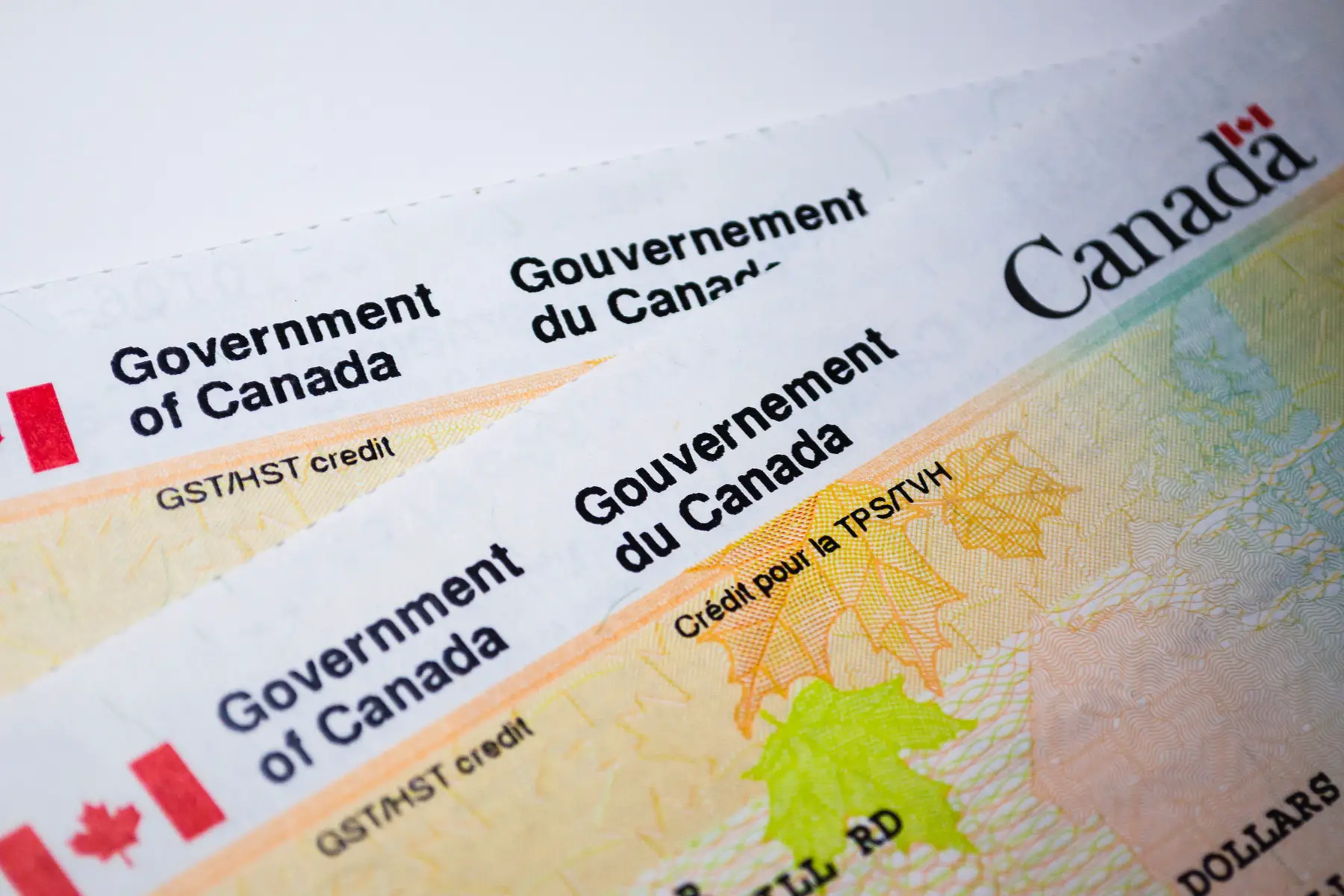
The Canadian tax authority, the Canada Revenue Agency (CRA), collects income tax from Canadian residents and those who earn an income inside Canada. How much you pay depends on how much you earn.
Tax rates in Canada are progressive and the federal government sets their general levels. However, they vary slightly across the provinces. The Canadian income tax rates for 2024 range from 15% on income up to CA$ 55,867, rising steadily to a top rate of 33% on income above CA$ 246,752.
Non-residents liable for income tax on earnings such as pensions, rental payments, and dividends pay a flat rate of 25% tax on this income.
Double taxation and exemptions for Canadian expats
No, you won’t have to pay tax twice on the same income! Whether you are a Canadian resident or not, you normally must file an annual tax return to declare taxable income earned in Canada. You will be able to offset any tax owed with:
- Double-tax credit if any of your income is also taxed by a country that has a tax treaty with Canada
- Deductions, credits, and expenses that you are eligible for. You can view a full list on the Canadian government’s website.
Reducing your liabilities when filing Canadian taxes abroad
You can reduce your tax liabilities in Canada with careful planning. Things worth considering and bearing in mind are:
- Are you better off being taxed as a Canadian resident or a non-resident? If you are moving to a country with lower taxes than Canada, it might be beneficial to attain non-resident status. That way, you only pay taxes to Canadian authorities on your Canadian income.
- What deductions, credits, and expenses do you qualify for? Make sure you include these on your Canadian expat tax return.
- What income tax has already been withheld? If you’re a non-resident paying Part XIII income tax, much of this is deducted at source so you may not need to include it on your Canadian expat tax return unless you are claiming a refund. Also bear in mind that some forms of Canadian income are not taxed, such as gifts and lottery winnings.
- Are you receiving a Canadian pension? If you are over 65 and receiving a Canadian pension, there are many ways you can defer tax payments. For example, splitting your pension eligibility with your partner or using a registered retirement savings plan (RRSP).
- What about transferring your savings? Look into whether you can transfer any savings into an offshore account or a tax-free savings account.
- Can you claim a personal tax credit? If you are a non-resident, you are eligible for a personal tax credit if you earn 90% or more of your worldwide income in Canada. This amounted to CA$ 15,705 in 2024.
Filing your Canadian taxes when you live abroad
The CRA is responsible for collecting taxes in Canada. All residents and those who need to pay tax have to fill in a self-assessment tax return. The tax year runs from 1 January to 31 December. The deadline for tax returns and tax payments is 30 April the year after the tax year. Self-employed workers have an extended deadline of 15 June, although they need to pay any tax owed by 30 April.
How to file your taxes as a Canadian non-resident
Non-residents and deemed residents have to file a different tax form. If you are a non-resident whose Part XIII and Part I tax payments have been deducted at source, you may not have to file a tax return on certain types of income sources unless you are claiming a refund. Check the Canadian government’s website for more information on whether you need to file a return as a Canadian non-resident.
If you are a non-resident who has received income from employment or a business in Canada, you will need to file the standard T1 income tax package. You will need to complete Form T2203 as well if you also received additional types of Canadian income other than from employment or business.

There are several ways that you can file a Canadian expat tax return. These are:
- Electronically through software
- Using the paper forms that you need to send to your local tax office
- By phone using SimpleFile (only available to those on low or fixed incomes)
- At a community tax clinic (available for those on low incomes with a simple tax situation)
When filling in your tax return, you must provide personal information, report all untaxed income for the tax year, and claim deductions, credits, and expenses that you are using to offset against your tax bill.
The CRA website has additional information on tax rules for non-residents. You can also read up on Canadian Non-Residents Income Tax on their website.
How to pay your Canadian taxes from abroad
The deadline for paying tax owed in Canada is 30 April. If you or your spouse/common-law partner is self-employed, however, you must file your taxes by 15 June.
You can pay Canadian taxes in many different ways. These include:
- Online payment
- Credit or debit card
- Bank transfer
- In person at a tax office
- By check
- Using a third-party service provider
If you don’t want to – or can’t – pay your tax bill in full, you can pay in quarterly installments on certain dates throughout the year.
Late tax returns in Canada
The CRA will charge you a late-filing penalty if you owe taxes and fail to submit your tax return by the deadline. The fine is 5% of the balance owed, plus another 1% of the balance for each full month that passes, up to a maximum of 12 months.
If you have already been charged a late-filing penalty in previous years, you may be subject to additional fines.
There are also fines for false statements and omissions. The amount for this is a minimum of CA$100 but is usually 50% of the understated tax/overstated credits. If you voluntarily declare a false statement or omission to the CRA, they may waive the penalty.
Organizing your income and tax when leaving Canada
Arranging your finances when moving overseas takes planning. It’s not just about opening a new bank account and transferring your income to your new place of residence. You also need to think about what income streams you have and how you will be taxed on them.
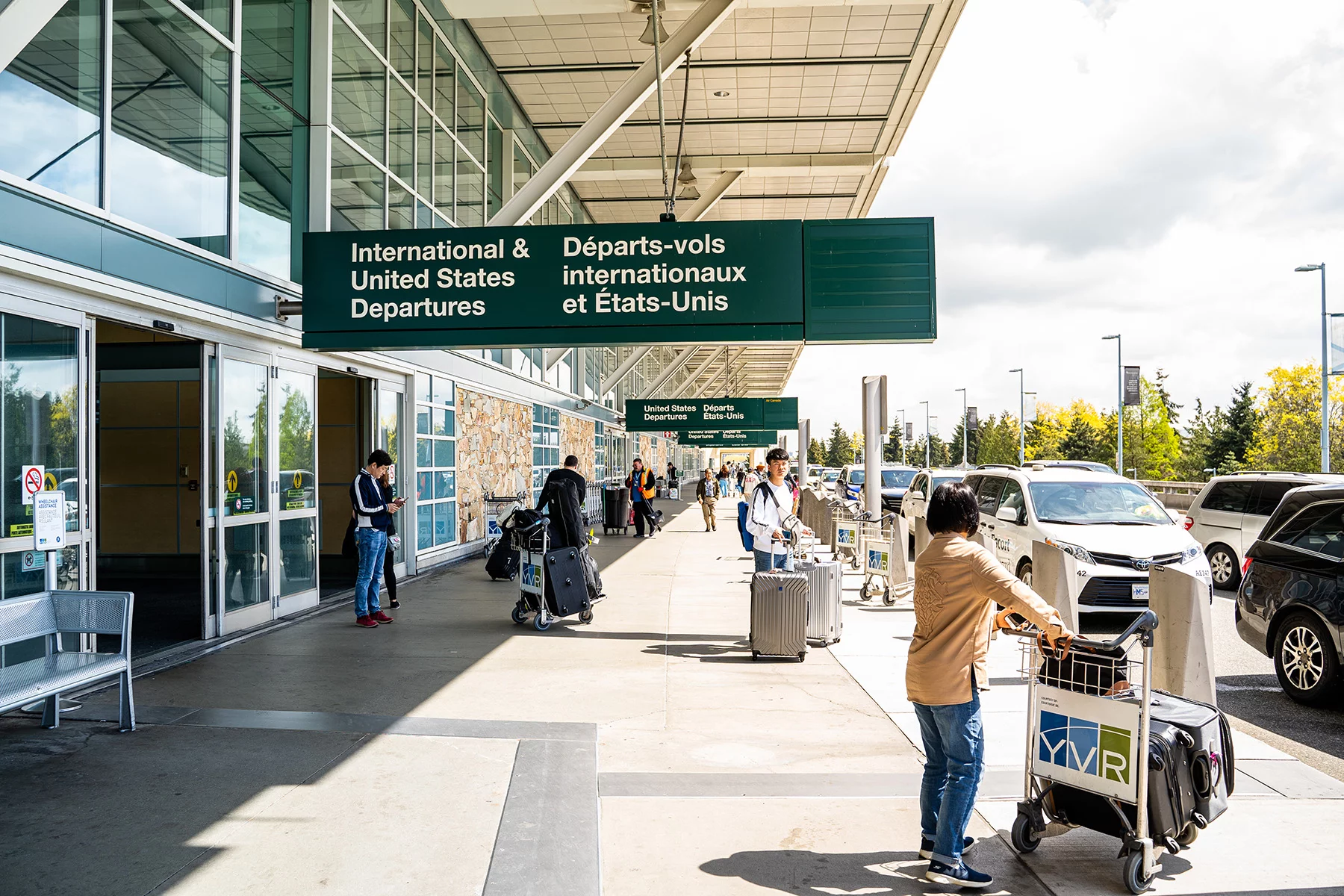
Since many countries have lower individual income tax rates than Canada, you may want to sever your Canadian residency. Instead, you pay taxes on your income and assets by the fiscal regime in your new home.
However, doing this means severing primary residential ties with Canada. Primary residential ties include spouse/partner, dependent children, or property that could be considered a home in Canada.
You can still have a Canadian bank account, credit cards, and rental property in Canada, and have non-resident status. However, Canadian authorities decide residency status on a case-by-case basis. If they deem you to still have significant ties to Canada, you will be a resident for tax purposes.
Make sure to inform any banks, financial institutions, or anyone else making payments to you that you are becoming a non-resident.
Again, it’s wise to discuss any plans with a financial adviser. This makes sure you get the most out of your movable assets such as pensions or any investment funds.
What if you are leaving Canada permanently?
If you leave Canada permanently and become a non-resident, you must file a departure tax return (NR73) for the year you left. This details the date that you became a non-resident, information on your worldwide income for the part of the year you were a Canadian resident, and information on any untaxed Canadian income for the part of the year you were a non-resident.
Some implications can arise when filling in the departure tax return. These include the deemed disposition of assets that you own (based on fair market value) and the pro-ration of personal tax credits for your residency period. For this reason, it’s a good idea to seek professional tax advice before making any big decisions.
Bear in mind that tax residency does not affect your citizenship or legal residency status; it is specific to taxes.
You can find more information on what to do when leaving Canada permanently on the CRA website.
Returning to Canada
If you decide to return to Canada after a period of non-residency, you should take the same time and care planning your finances for your return as you did for your departure. Again, seek advice from a financial or tax expert so that you thoroughly understand the implications.
Returning to Canada and taking up residency again will mean that you return to paying Canadian tax on your worldwide income and will be subject to the same taxes as before you left.
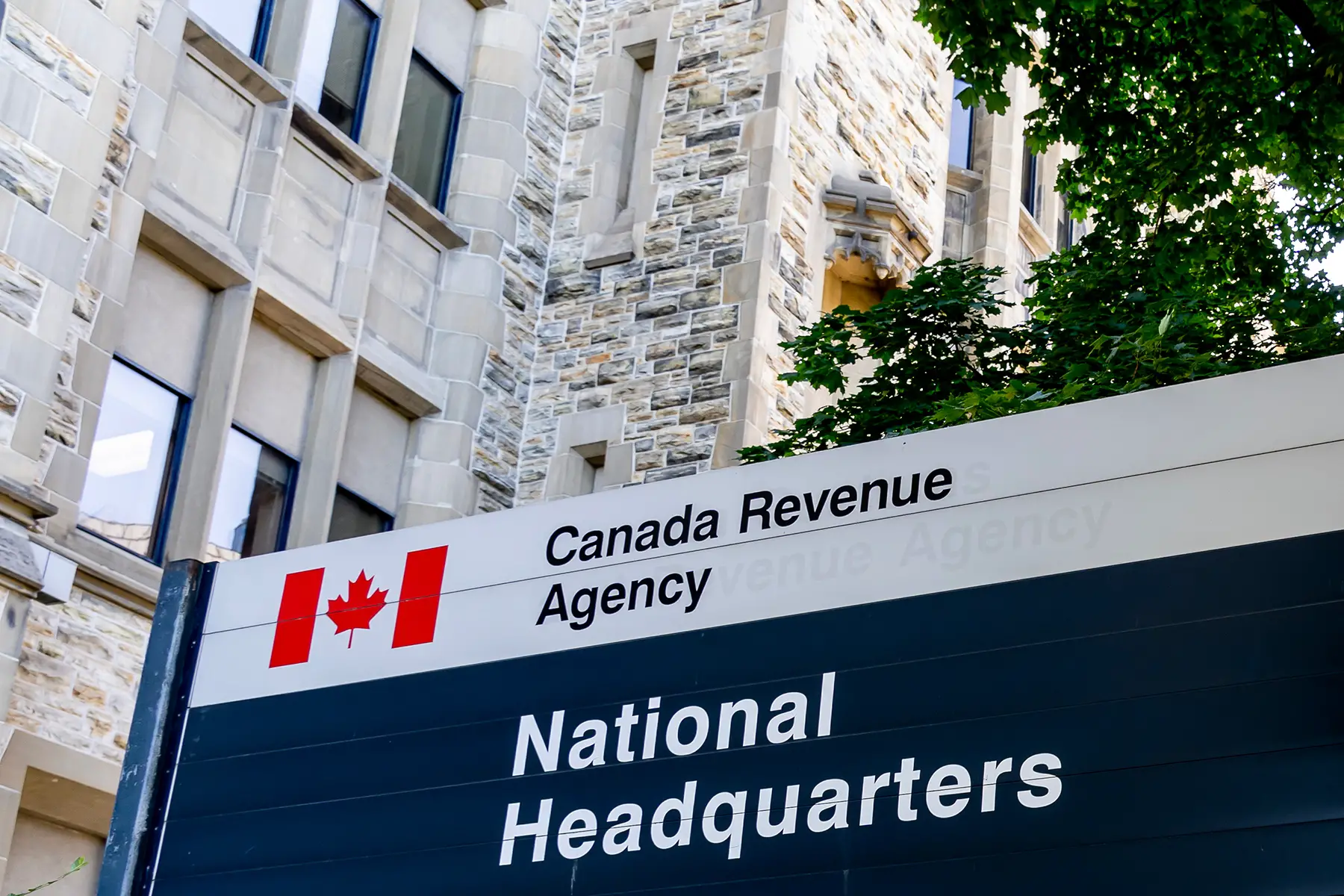
If you return to Canada temporarily (for example, if you will be living in the country for less than 183 days or have stronger residential ties with another country that has a tax treaty with Canada), you may be able to retain your non-resident status.
Regardless, you are not liable for tax on any income from outside Canada during any period spent overseas as a non-resident. However, if you spent less than two years outside the country, the CRA may call into question whether you truly qualified for non-resident status. Make sure that you have plenty of evidence of strong residential ties overseas if you find yourself having to move back to Canada for whatever reason after only a short period abroad.
Advice on filing Canadian expat taxes abroad
To plan effectively, seek advice from a Canadian expat tax expert as well as an adviser for the tax requirements of your new home.
Check out our business directory to find tax advisors to help you with any Canadian tax concerns.
Useful resources
- Canada Revenue Agency (CRA) – website of the tax authority in Canada with information on Canadian taxes
- NETFILE – official software to upload your Canadian tax returns online


